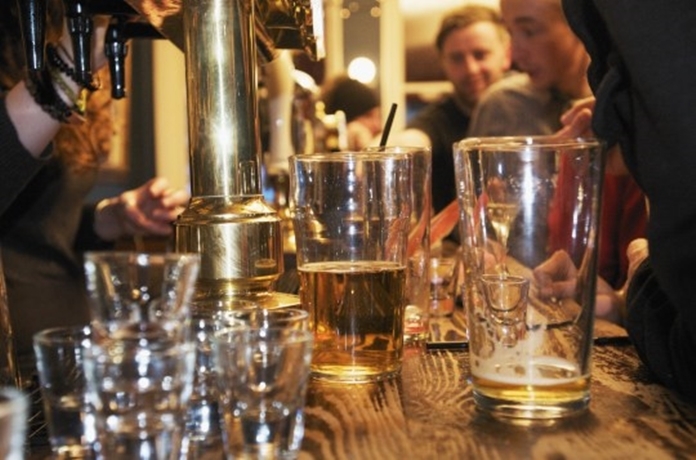
The government is following a long line of wannabe abolitionists. In the Old Testament Samson preached the virtues of teetotalism to combat drunken orgies, but he was buried under a pile of masonry before being able to fulfill his wishes.
The last Byzantine emperor banned booze in 1453 as a last desperate measure to stop the Ottoman Turks from breaking into the city. He said that his soldiers had been drunk on duty when they should have been barricading the gates.
The United States famously tried prohibition in the 1920s. The citizenry was told this would prevent drunken behavior such as wife battering whilst making the mortuaries much less crowded on a Saturday night as alcohol was to blame for most vehicle crashes.
Of course, the results were rather different. Booze banning led to an epidemic of violent bootlegging and smuggling as criminal gangs took over cities like Chicago in a positive orgy of machine gunning and planted bombs.
Thailand has long had a love-hate relationship with alcohol. Many Thai festivities have close links with alcohol and the government earns billions of baht per year from high taxation of wines and spirits. A country so dependent on foreign tourism can’t ignore for long what most people want.
On the other hand, there has always been a prohibitionist tradition in Buddhism over the centuries. Alcohol has long been banned on election days and on certain religious festivals. Restrictions on the sale of booze at certain times of the day were introduced by a military government in the 1970s and were reintroduced soon after the coup of 2014.
Thailand has a high number of road deaths every year and that has always figured in anti-booze propaganda. But the president of the Thai Alcohol Beverage Business Association, Thanakorn Kuptajit, cautions that booze bans lead only to illegal drinking which leads to disrespect of the law.
However, the Coronavirus pandemic has led to a new argument by state authorities: the need to have social distancing as the disease can be spread by nasal or oral droplets from your neighbor.Recent raids on illegal parties in Pattaya have all been justified by the need to keep people apart. Just common sense, it is said, not a police state.
A few other countries which have banned alcohol during the current health crisis have gone even further. The South African police minister claimed that alcohol weakens the immune system and makes catching the dreaded disease all the more likely.
How long the current booze ban in Thailand will last is a tricky one. Optimists will tell you that the restriction will be eased in a couple of weeks once the several May public holidays are over. Pessimists argue that the “puritanical” influence in the national administration will try to insist on a month or two if only to illustrate that the public after all can adjust to a drier lifestyle. Either way booze is here to stay. As Bette Davis put it, “I said no to alcohol several times but it just wouldn’t listen.”
 |
 |
 |





